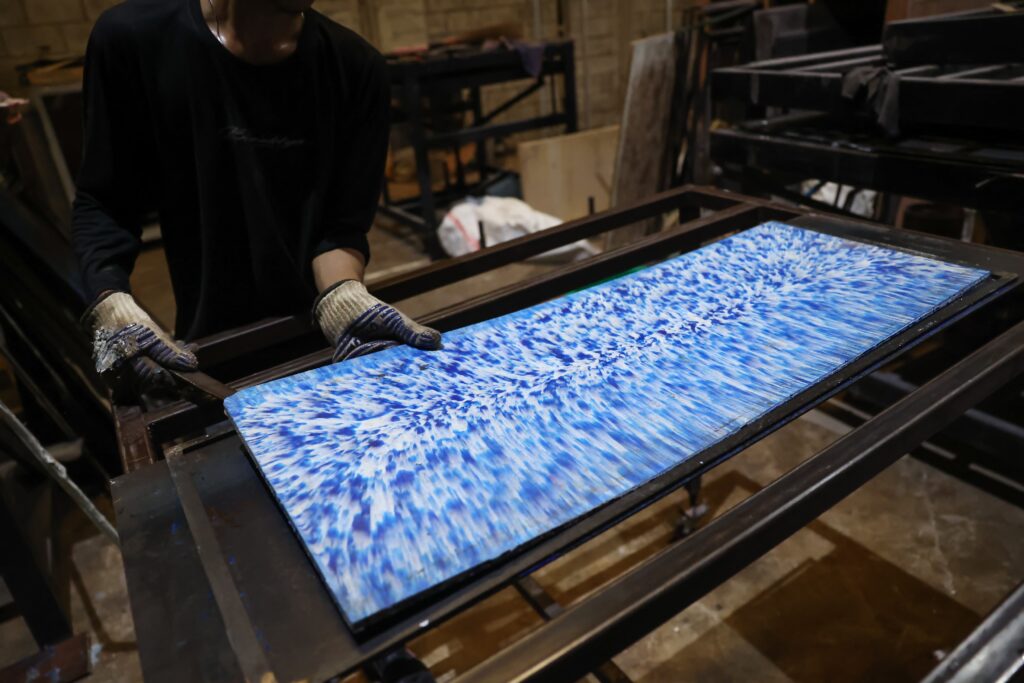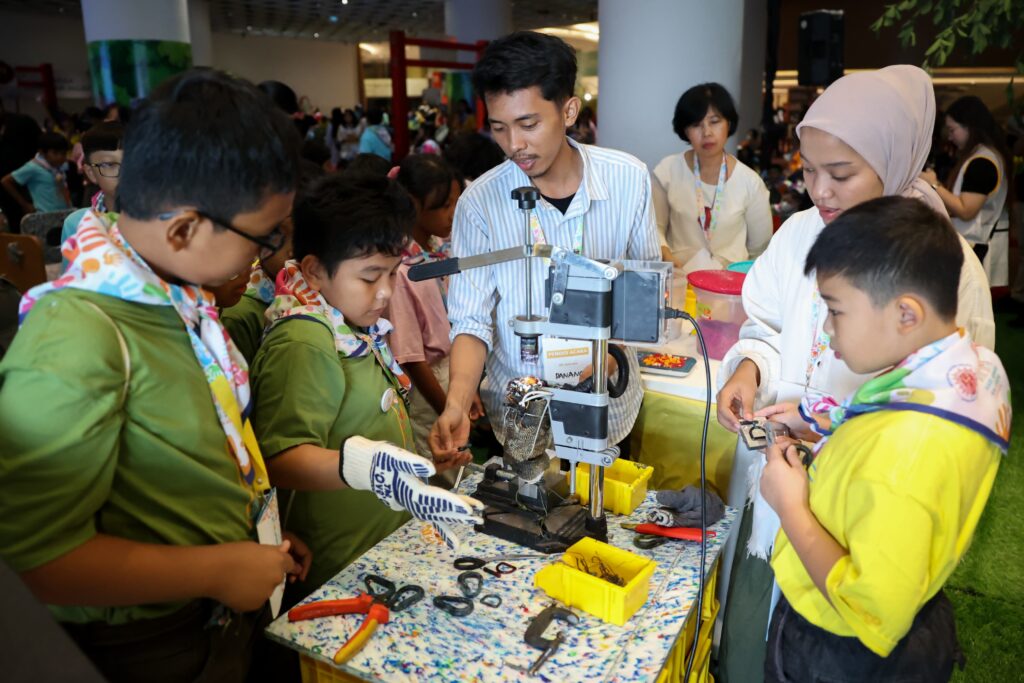It was a stalemate for the more than 200 country representatives who gathered in Busan, South Korea, in early December.
They were supposed to agree on how to reduce plastic waste – a pollution that threatens the earth, its people, and everything in it.
However, the war of words ended without a peaceful agreement, a sign of the inability of countries to agree on such an important and urgent issue.
More than 100 countries are proposing a global reduction in plastic production. This is based on the fact that in 2019, the total amount of plastic waste in the world swelled to 350 million tons.
Only 9% were successfully recycled. The rest ends up in landfills, polluting the environment, land, sea, air and human health.
But this is not the kind of threat that the oil-producing countries are afraid of. They are more afraid of the reduced demand for oil and its derivatives from plastic producers.
The meeting ended without an agreement, and once again, a consumptive economic policy without thinking about sustainable impacts has won.
Small Step for Plastics, Giant Leap for Mankind

Mortier is an ongoing initiative by the younger generation to turn plastic waste into something useful and valuable.
They start at Bantar Gebang, one of Jakarta’s landfills, which has the same volume of waste as the Borobudur temple in Yogyakarta.
The green movement was born out of concern about Indonesia’s status as the world’s second largest producer of plastic waste after China.
5P Global Movement has had a long-term cooperation with Mortier. When it comes to plastic waste, the awareness to reduce its use must come from us.
Furthermore, it takes initiatives like Mortier to transform the habit of reusing plastic waste into something of value. It doesn’t have to end up as garbage. The earth must be saved by small steps like Mortier’s.





